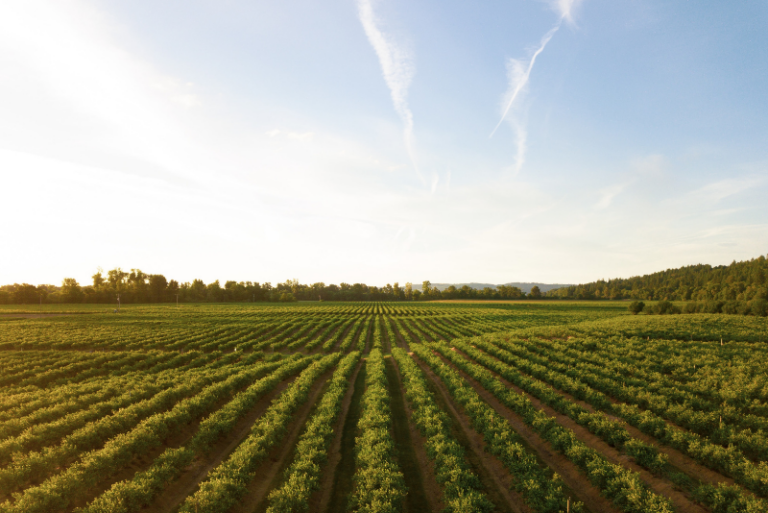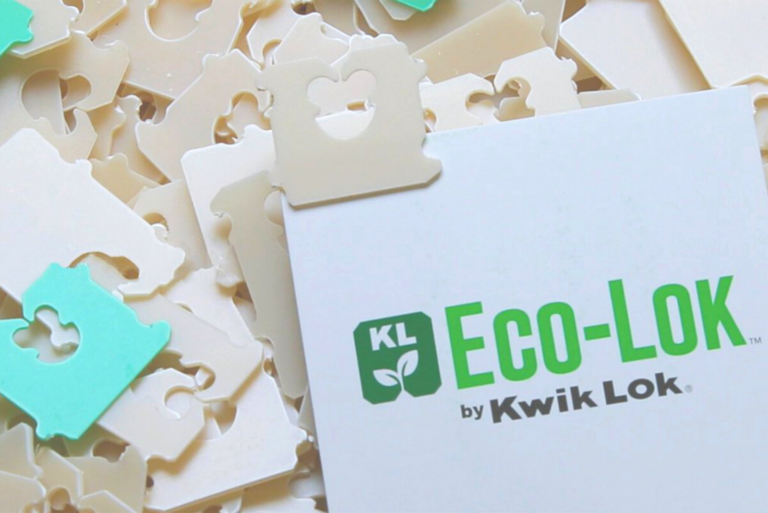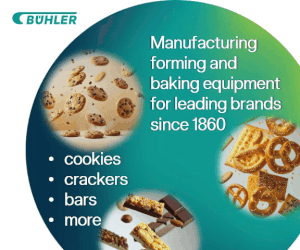CHICAGO — Mondelez International announced today that it is committing to a 2050 target of net zero greenhouse gas emissions across its full value chain.
As part of its commitment, Mondelez International has signed the Science Based Targets initiative’s Business Ambition for 1.5°C, aligning its long-term emissions mitigation targets with the aim of limiting temperature rise in accordance with the Paris Climate Agreement. Mondelez has also joined the United Nations’ “Race to Zero” campaign to help build momentum towards a decarbonized economy. These commitments mark a step forward in the company’s approach to sustainability that is helping drive lasting progress and create long-term value for the business and its stakeholders.
“For the last several years, we’ve worked with the Science Based Targets initiative to reduce our emissions footprint and our announcement today will help accelerate our existing efforts to create a more sustainable snacking company,” said Dirk Van de Put, chairman and CEO of Mondelez. “We’re transforming how we do business across our operations and with the suppliers and farmers we work with – from seeking to improve cocoa farming practices in West Africa to promoting regenerative agriculture in wheat fields in the Midwestern US.”
This new commitment builds on the company’s existing science-based targets set in 20201 developed to contribute to combatting climate change. Over the next two years, the company will lay out a time-bound plan including interim targets for its key emissions sources consistent with the 1.5°C protocol and will provide annual progress reviews for transparency as laid out by the Science Based Target initiative.

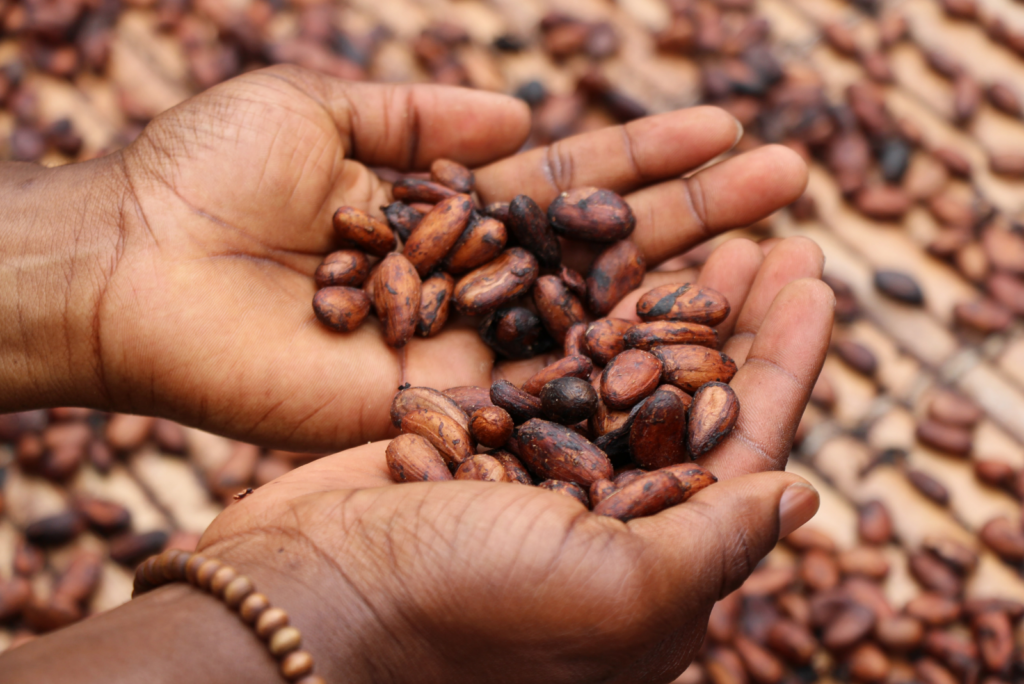
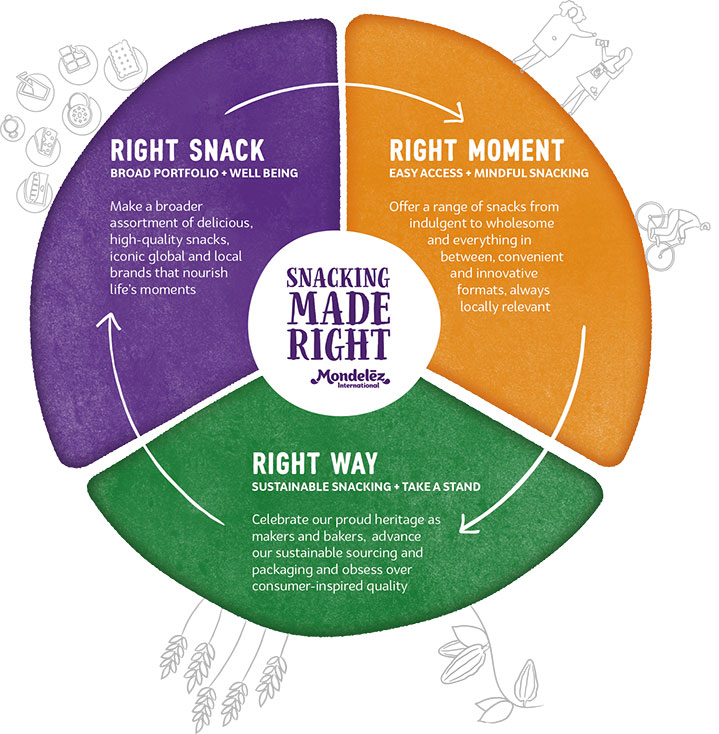 “While we’ve already made significant progress, the road to net zero will require further transformation of our business as well as global collaboration across industries, sectors and landscapes,” said Chris McGrath, VP and chief of global impact and sustainability. “We will remain focused on leveraging proven models and available solutions, while at the same time using our scale and influence to help drive technical advancement, public-private collaboration and investment to incubate innovation.”
“While we’ve already made significant progress, the road to net zero will require further transformation of our business as well as global collaboration across industries, sectors and landscapes,” said Chris McGrath, VP and chief of global impact and sustainability. “We will remain focused on leveraging proven models and available solutions, while at the same time using our scale and influence to help drive technical advancement, public-private collaboration and investment to incubate innovation.”